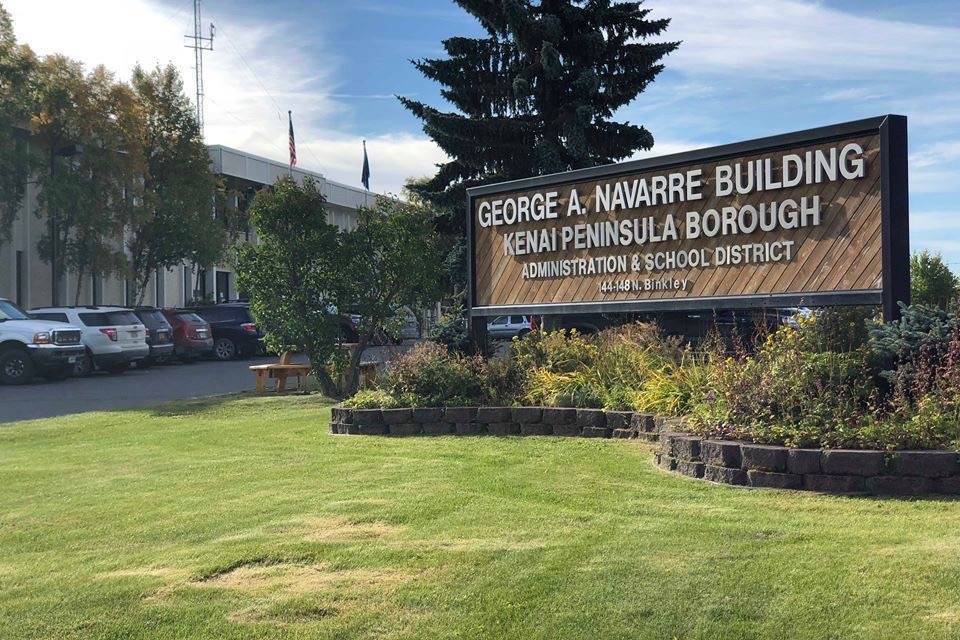The Kenai Peninsula Borough Assembly is considering raising the sales tax cap, and removing voters’ ability to decide if the cap should be increased.
During its Tuesday meeting, the assembly will discuss an ordinance that would increase the maximum amount subject to borough sales tax from $500 to $1,000, and vote on an ordinance that would repeal the borough code that requires voter approval to increase the sales tax cap.
The ordinance to increase the maximum amount subject to borough sales tax was introduced by Mayor Charlie Pierce and assembly member Kenn Carpenter.
The ordinance is aimed at maintaining future fund balances, according to the ordinance document.
“Due to the continuing uncertainty about state and local revenues, the decline in state assistance to municipalities, the increasing loss in property tax revenues to the borough from exemptions on real property, and increasing reliance on borough funding for the school district, the borough must take steps to maintain its unrestricted fund balance into the future within financially prudent and responsible parameters to enable it to fund the services and public education programs as desired by borough residents,” the document said.
Currently, the borough’s sales tax is only applied to a maximum of $500 per sale, rent or service transaction. This sum was enacted in 1965, and never adjusted for inflation or otherwise. The ordinance states the value of $500 in 1965 would have been equal to $3,195 in 2018, according to the Alaska Department of Labor Anchorage Consumer Price Index inflation.
The ordinance would keep the sales tax cap to $500 on rents, since an increase in the overall cap would disproportionately affect tenants.
“Affordable rental housing is important for the borough and its residents, and the borough’s best interests would be served by keeping the cap on residential rentals at $500 per month,” the ordinance document states.
The ordinance does not specify how much additional revenue would be generated from the increase. The additional funds would go to support local education and general borough government purposes, the document states.
The public hearing on this issue will be at the Aug. 6 assembly meeting, and if approved, would find its way on the October ballot for the voters to decide.
However, a second ordinance being considered at Tuesday’s meeting may take away the ability for voters to decide if they want to increase the sales tax cap.
The ordinance to repeal borough code that requires voter approval to increase the sales tax cap is sponsored by Carpenter and assembly member Kelly Cooper.
In a May 23 memo to the assembly, Carpenter and Cooper said the borough has been working to balance the budget, while adequately funding borough services in education.
For 41 years, until 2005, voter approval was not required to increase sales tax cap, according to the memo.
In 2005, through voter initiative, it was changed so residents would vote to approve a sales tax increase.
The memo says two recent attempts to obtain voter approval to increase the tax cap failed at the ballot box.
The ordinance itself does not seek to raise the sales tax cap, however, if passed, the assembly could increase the cap through their standard process. Members of the public would have the opportunity to provide comments on potential increase, but the final vote would be by assembly members.
On June 19, the city of Kenai passed an ordinance supporting the ordinance. In the resolution, the city said the inability of the assembly to increase the sales tax cap without voter approval limits its ability to generate needed additional revenues without increasing the property tax mill rate.
“Restricting the authority of the assembly to modify the sales tax cap further limits its ability to create an equitable tax system,” the Kenai resolution reads.

